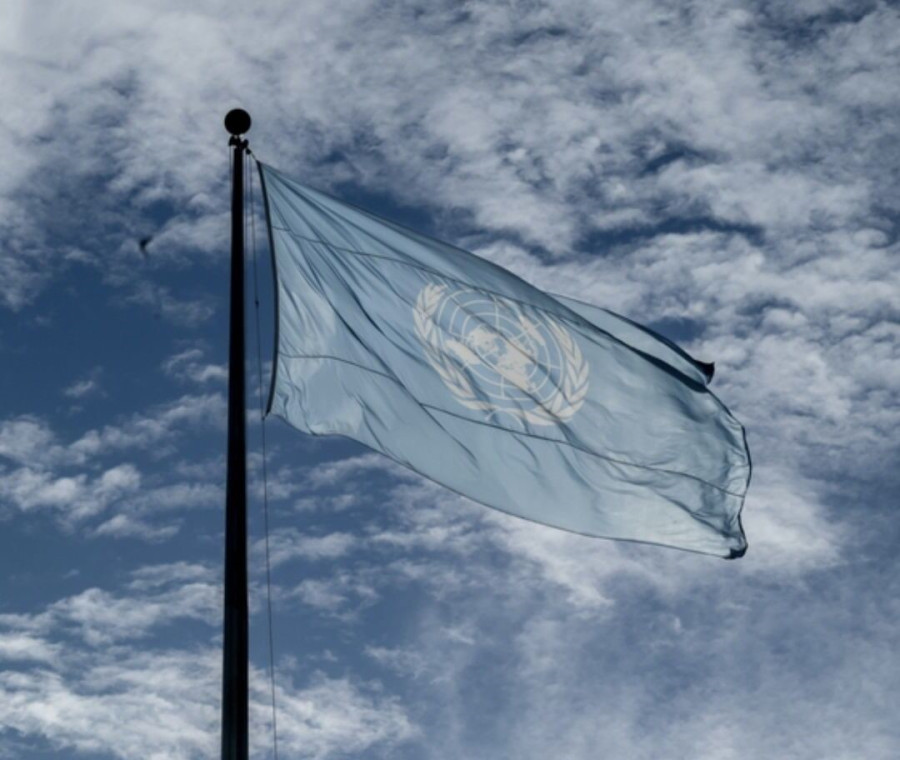National
UN experts call for release of long-held political prisoners in Bhutan
They express deep concern at reports of detainees being severely tortured, both to extract confessions and to punish them.
Post Report
United Nations human rights experts on Wednesday called on the Government of Bhutan to release 32 individuals imprisoned for decades after reportedly protesting against the mistreatment of the Nepali-speaking minority in Bhutan.
Following incidents in the 1990s and 2010s, the detainees were convicted of vague and overbroad terrorism and national security offences and received lengthy sentences from 34 years to life in prison, a statement jointly issued in Geneva by the experts read.
“No one should be punished at all, let alone by such harsh sentences, for peacefully exercising their freedoms of assembly and expression and the right to participate in political affairs under international law,” the experts said.
“In these circumstances, their detention appears to be arbitrary and violates their right to liberty under international law.”
The experts include Ben Saul, special rapporteur on the promotion and protection of human rights and fundamental freedoms while countering terrorism; Gina Romero, special rapporteur on the Rights to Freedom of Peaceful Assembly and of Association; Nicolas Levrat, special rapporteur on minority issues; Margaret Satterthwaite, special rapporteur on the independence of judges and lawyers; and Irene Khan, special rapporteur on the right to freedom of opinion and expression.
Other experts are Ganna Yudkivska (chair-rapporteur), Matthew Gillett (vice-chair on communications), Miriam Estrada Castillo (vice-chair on follow-up), and Mumba Malila, Working Group on arbitrary detention.
In 2024, the UN Working Group on Arbitrary Detention also found the detention of three of the prisoners to be arbitrary.
They expressed deep concern at reports of detainees being severely tortured, both to extract confessions and to punish them.
"We call on the King of Bhutan to exercise his constitutional power to pardon and release these 32 political prisoners," the experts stated.
“We implore Bhutan to refrain from prosecuting peaceful protests and expression in line with international human rights law.”
The protests that led to the convictions arose in the context of significant discrimination against the Nepali-speaking minority in Bhutan, known as the “Lhotshampa” community, including in relation to their political, economic and social rights, the statement read.
The protests were met with a campaign of violence and repression by the authorities in the early 1990s, including the forced displacement of over 100,000 refugees, it added.




 11.12°C Kathmandu
11.12°C Kathmandu













